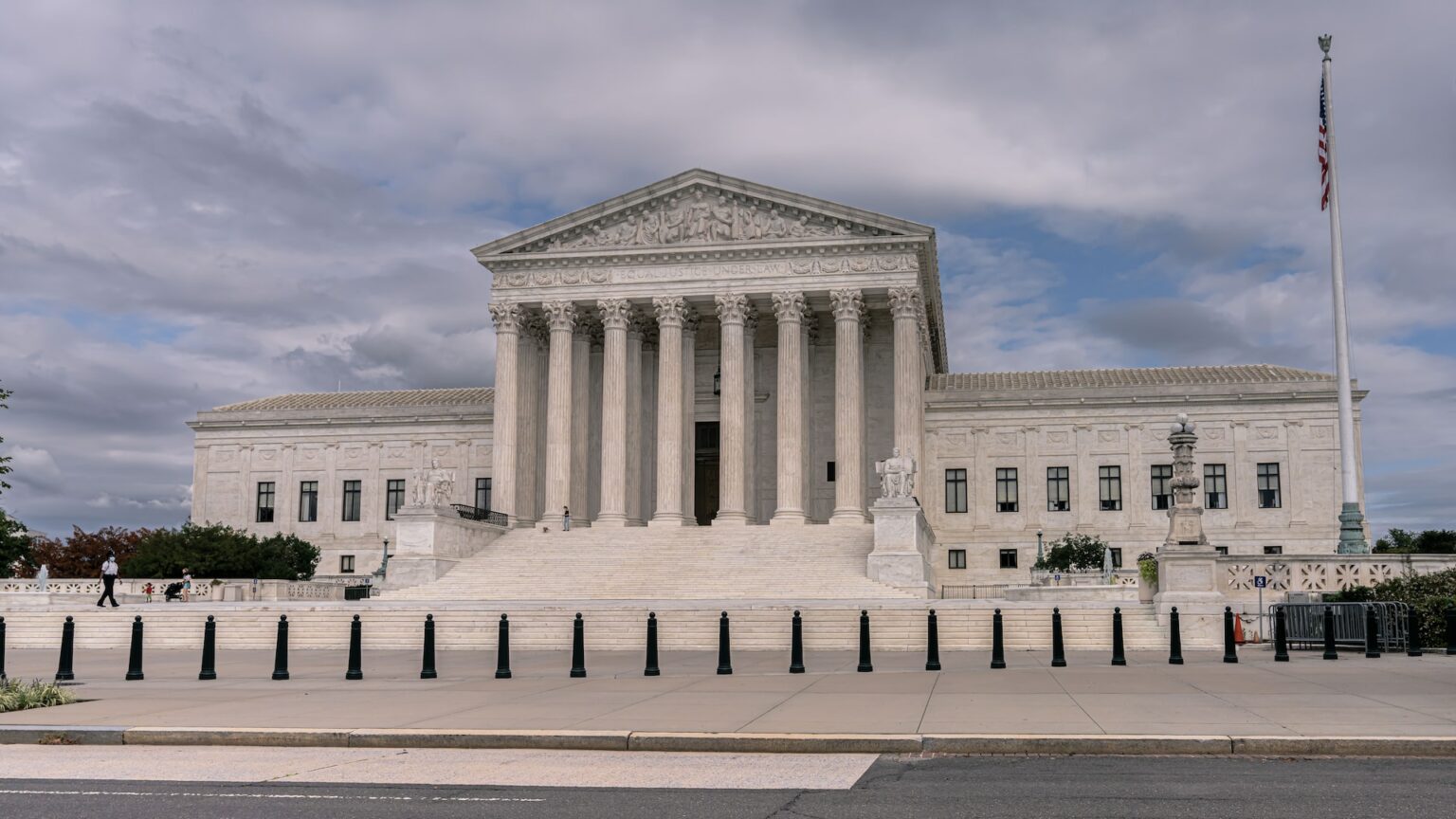Here’s what you need to know…
Decisions in Colorado and Maine to exclude former President Trump from the ballot are intensifying the scrutiny on the Supreme Court, urging it to address concerns regarding Trump’s eligibility under the 14th Amendment. The Trump campaign has already appealed the Maine ruling and is expected to follow suit in Colorado. The latter case, particularly, places emphasis on the Supreme Court and its 6-3 conservative majority, comprising three justices appointed by Trump during his initial term.
This legal development places the Supreme Court in a precarious position, thrusting the justices into the political limelight during an already contentious period for the nation’s highest court. Amidst ongoing matters related to Trump and the 2024 election, including criminal immunity and charges linked to the January 6 events, the 14th Amendment issue stands out distinctly.
Legal experts had anticipated that challenges related to Trump’s eligibility would reach the Supreme Court, especially as it has never definitively addressed the 14th Amendment’s insurrection ban. The amendment prohibits individuals engaged in insurrection from holding office under the United States. Trump faces over two dozen challenges across the country based on his actions surrounding the Capitol attack on January 6, 2021.
While some state courts had deferred decisions on lawsuits challenging Trump’s primary ballot listing, the Colorado Supreme Court’s unique ruling has accelerated the process, providing the Supreme Court with an opportunity to address significant legal questions well in advance of Election Day.
Notably, the Colorado GOP has already petitioned the Supreme Court to expedite the case, emphasizing the unprecedented nature of a former President being disqualified from the ballot. The plaintiffs, supported by Citizens for Responsibility and Ethics in Washington (CREW), concur that the Supreme Court should intervene, albeit to address specific issues raised by the Colorado GOP.
In Maine, the dispute is set to unfold in state court, but a swift resolution could propel the case to the Supreme Court. Trump has formally appealed the decision in Maine, and the state law dictates a quick timeline for the court’s decision.
The decisions in Colorado and Maine are perceived as advantageous to the Trump campaign, with even critics suggesting that voters should determine Trump’s fate on the ballot. However, the potential Supreme Court ruling in favor of Trump may further fuel concerns, especially among Democrats, that the Court is increasingly entangled in political matters. The court’s recent decisions on Roe v. Wade, affirmative action, ethical considerations, and its impending role in Trump’s criminal trials contribute to a broader context in which public approval of the Supreme Court’s performance remains contentious. The urgency for the Supreme Court to act is acknowledged, but the potential implications on democratic principles add complexity to the unfolding legal drama.
